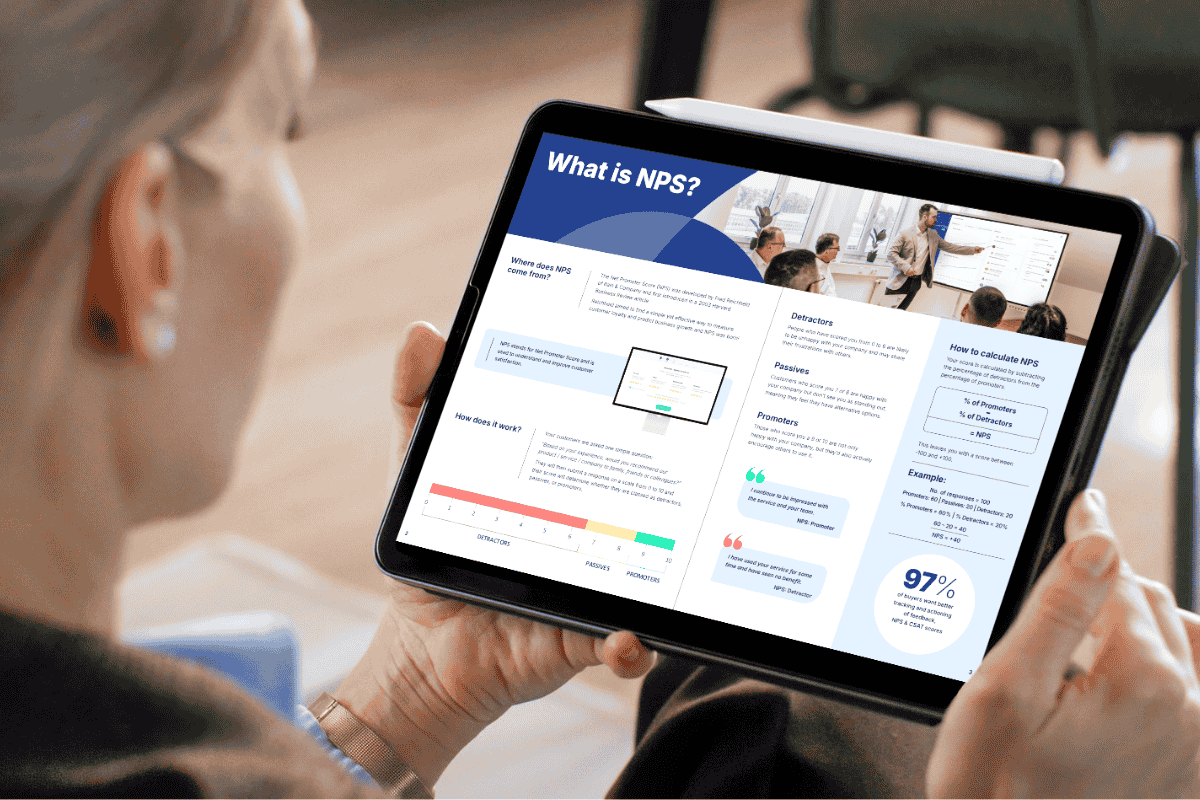
We had the pleasure of hosting TechMarketView's Duncan Aitchison at one of our Clientshare Networking Lunches in late 2023. As keynote speaker, Duncan shared his insights on the biggest digital trends in B2B Customer Experience. Below, we have written a piece inspired by what he shared with us. Many thanks to Duncan for his insights, and to all of our attendees.
Rapid transformations are underway in B2B Customer Experience (CX), driven by the changing landscape of technology and business practices. As we explore the seven biggest trends in this field, it's clear that the B2B sector is catching up with the B2C space and is poised for some ground-breaking developments.
For further detail on these trends, download Duncan's recent research, 'The UK Customer Experience Market in 2023 - 2026'.
1. The post-COVID surge in B2B CX investment
The COVID-19 pandemic and subsequent lockdowns forced businesses, including B2B enterprises, to re-evaluate their approach to CX. 'Sacred Cows' were sacrificed as organisations sought new ways to enhance their customer experience. This led to a significant surge in investment, with TechMarketView (TMV) data indicating a 40% increase in spending on CX-related software and services between 2020 and 2022. While the pace of expansion in demand for these offerings has cooled significantly in recent times, TMV projects a double-digit compound annual growth rate for B2B CX expenditure over the next few years, outpacing the rise in B2C CX investments.
2. The rise of mobile apps in B2B
In the B2B landscape, the adoption of mobile apps has skyrocketed, more than doubling over the past couple of years. This trend indicates a fundamental shift in the way B2B buyers interact with businesses. Nearly three quarters of B2B buyers are now comfortable purchasing items worth more than £50,000 online, and 25% of companies are executing transactions exceeding a quarter of a million pounds through online channels.

3. The importance of automation
Automation is no longer an option in B2B CX; it's a necessity. Post-pandemic, speed and convenience are valued above all else. Organisations that fail to automate their processes are at a severe disadvantage. Millennials, who are now responsible for a significant portion of B2B transactions, expect businesses to offer self-service options and automated interactions. While personal interactions remain essential, the ability to facilitate automated processes is key to delivering efficient and effective customer experiences. Clientshare's whitepaper, 'The QBR Delusion', found that 99% of customers are more likely to buy from B2B suppliers who use the latest technology to improve their customer experience.
4. Personalisation beyond commercial transactions
Personalisation is a hot topic in the B2C world, but it's equally crucial in B2B. Customers expect businesses to understand their unique needs, not only in terms of their commercial relationships, but also in how their work affects their company's performance. B2B organisations need to anticipate their customers' requirements, identify issues they've faced in the past, and understand how their business operations impact the overall picture. Personalisation is no longer a luxury but a necessity to stand out in the crowded B2B CX space.

5. Data shows the way
Journey mapping isn't a new concept, but B2B companies are starting to rely on data for a more comprehensive understanding of the paths that their customer interactions follow. While traditional survey techniques are still useful for identifying the factors driving customer behaviours, accessing data across the customer ecosystem provides a more accurate picture of the actions that clients are actually taking. This data-driven approach enhances the ability to provide a better, more personalised customer experience and contributes to the overall automation of services.
6. B2B CX as a sales engine
B2B organisations are beginning to recognise the value of customer service as a potent sales engine. While it was previously seen as a cost to be managed, it's now clear that delivering exceptional customer service can drive top-line growth. Leveraging data and equipping staff with insights from marketing and customer service can enhance cross-selling and upselling efforts, as well as improve customer retention. Ultimately, measuring success based on incremental revenue generation may become more important than metrics that assess customer loyalty and satisfaction.
7. Generative AI and the future
One trend that cannot be ignored is the rise of generative AI. It's estimated that around 50% of large enterprises worldwide are piloting generative AI, with about 10% already implementing live systems leveraging this technology. While there's still some uncertainty surrounding its applications, around a quarter of these initiatives are within the CX space. As the market evolves, generative AI will likely find its place in revolutionising B2B CX.

Final thoughts
To conclude, the B2B customer experience landscape is undergoing a remarkable transformation. With increased investment, the rise of mobile apps, automation, personalisation, data-driven journey mapping, and the newfound recognition of customer service as a sales engine, businesses are reshaping their approaches to deliver better experiences to their clients. While the path ahead may be uncertain, it's evident that B2B CX is entering an era of unprecedented change and innovation.
What's next?
Clientshare Pulse is a digital B2B Quarterly Business Reviews (QBRs) platform with inbuilt CSAT and NPS as standard. Pulse supports the creation and delivery of Quarterly Business Reviews (QBRs). Providing risk analysis dashboards, the Clientshare Pulse platform provides visibility across all your client accounts allowing you to measure client sentiment and act on data.
Do you feel like Clientshare Pulse could support the improvement of your Quarterly Business Reviews? Book a demo with our team below.

